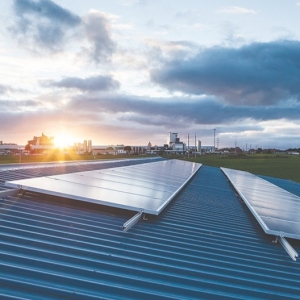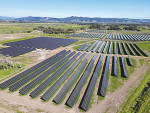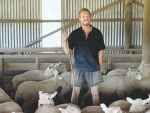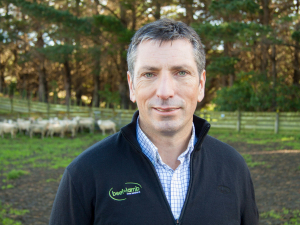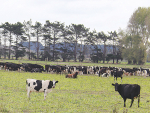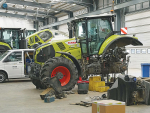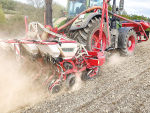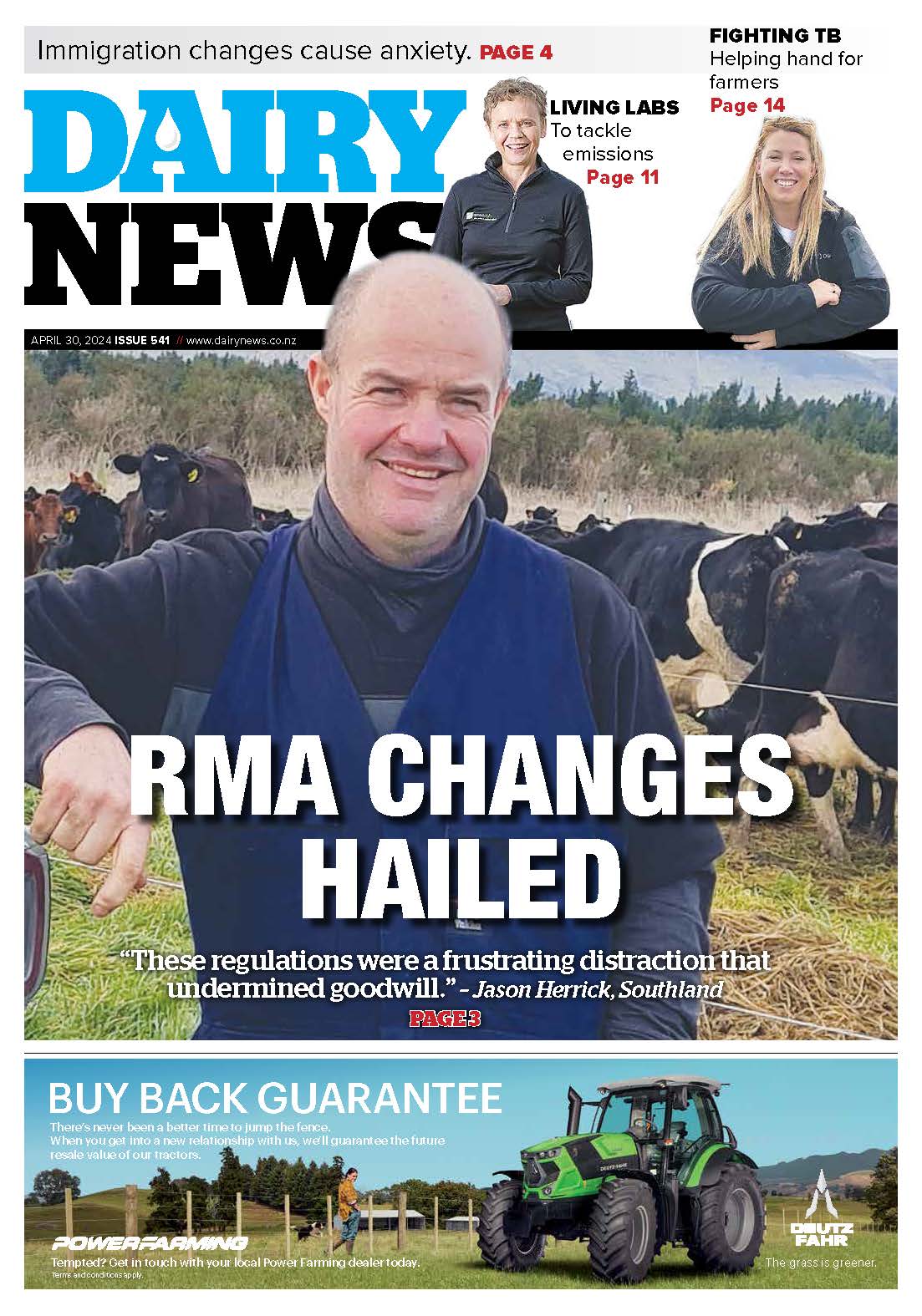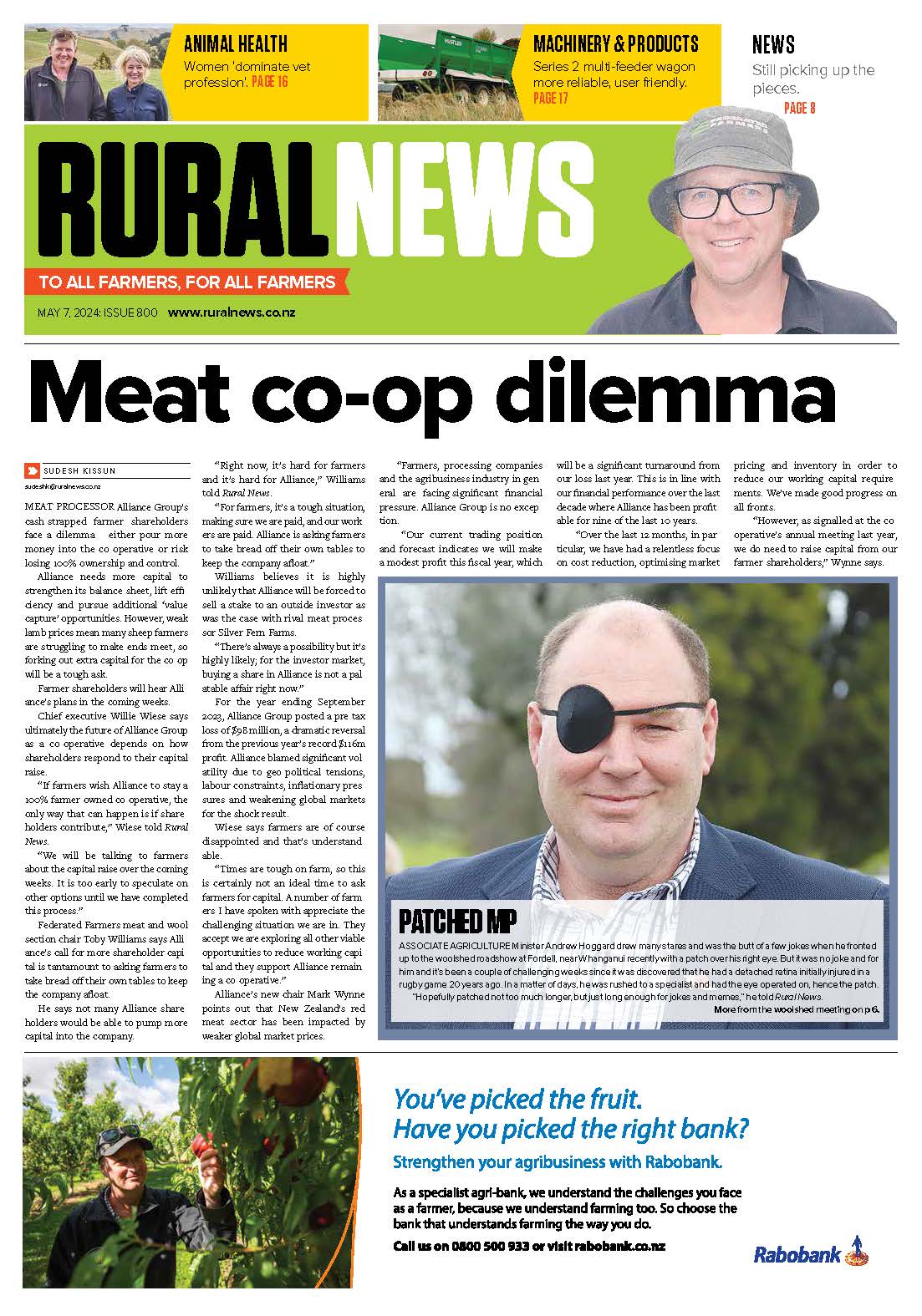MERIDIAN ENERGY and Westpac have joined forces to produce a ‘package’ to dairy farmers in particular to invest in solar power in their dairy sheds. The deal will officially launched at Fieldays this week.
As a promotion, solar panels have been installed on the roof of the dairy shed at the Westpac Taranaki Agricultural Research Station (TARS) at Hawera where DairyNZ does some research. The aim is to assess the use of solar power and to gather data for farmers visiting the research station.
In essence, Meridian has selected a suitable solar provider/installer, and Westpac is offering a three-year finance package to allow farmers to buy the solar panels. Average cost of an installation is $30,000.
Hamish McEwen, of Meridian, told Dairy News the venture embodies a sustainable solution that makes economic sense to farmers.
The solar system will not supply all the power required by an average dairy shed, McEwen says. “For the average shed we are talking about a 10kW package that will supply roughly a quarter of the power for the shed… offsetting some of the usage.”
The system will work nationwide, the calculations based on ‘New Zealand sunlight hours’. McEwen acknowledges New Zealand is known to be cloudy, but says the system will be effective nevertheless.
“We are using TARS as a test case. Solar has been used in New Zealand for some and we know it works. The real key factor that’s changed in the last few years is the cost of solar panels have reduced considerably which makes them an economic investment. What we are look at with the TARS pilot project is to see how well it will marry with a dairy operation. It’s really about how can you optimize it and make it even better,” he says.
McEwen says the power generated by the solar panels is direct current and with a series of isolators this is quite simply converted to alternating current which is used in the dairy shed. He says Meridian also a system whereby they will ‘buy back’ from the farmer any solar power that’s generated by them and not used. But he says ideally to get the maximum financial benefit, farmers should make the most use possible of the solar power generated.
In order to qualify for the deal farmers must be a Meridian customer and if they are not Westpac customers, they must use that bank to finance the package.
Federated Farmers has welcomed the launch.
Its energy spokesman Anders Crofoot is a user of solar power at Castlepoint Station in the Wairarapa.
It is an effective technology for supplying power to remote areas in a cost effective manner, he says.
“Being an early adopter of solar technology, the Solar Shed initiative by Westpac and Meridian will help to ease the initial cost outlay.
“At Castlepoint Station we use solar to power radio communications and wireless broadband over 3,700 hectares.
“With my Federated Farmers hat on, I can see dairy farmers looking to use the roof expanse of their milking sheds for solar panels. The same applies to other heavy energy users such as arable farms and large sheep and beef stations like Castlepoint.
“If a farm’s electricity bill is over $1,000 each month then the Solar Shed initiative may suit your business.”
The technology works and the Solar Shed initiative will now bring solar within the reach of many farmers says Crofoot.





